
Loading...
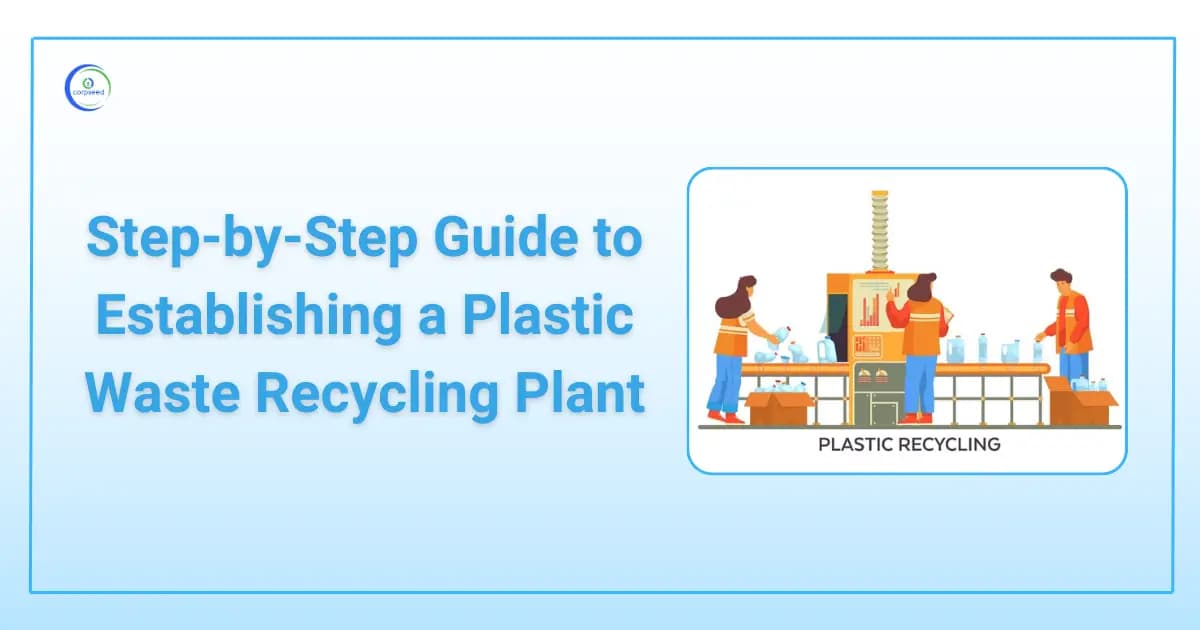
A plastic waste recycling plant is an establishment that gathers used plastic material and transforms it into another product.
About the Author

Mahek Sancheti, BAJMC graduate with a deep passion for writing. As a content writer, video content creator, creative content creator, and scriptwriter, I bring stories to life through words and visuals. I honed my skills by working with a prominent news agency, where I excelled in crafting compelling narratives and engaging content. Coming from a journalism and mass communication background I have skills to craft engaging narratives that captivate audiences. With a keen interest in writing and creativity, I aim to deliver impactful and meaningful content that resonates with diverse audiences.
Related articles
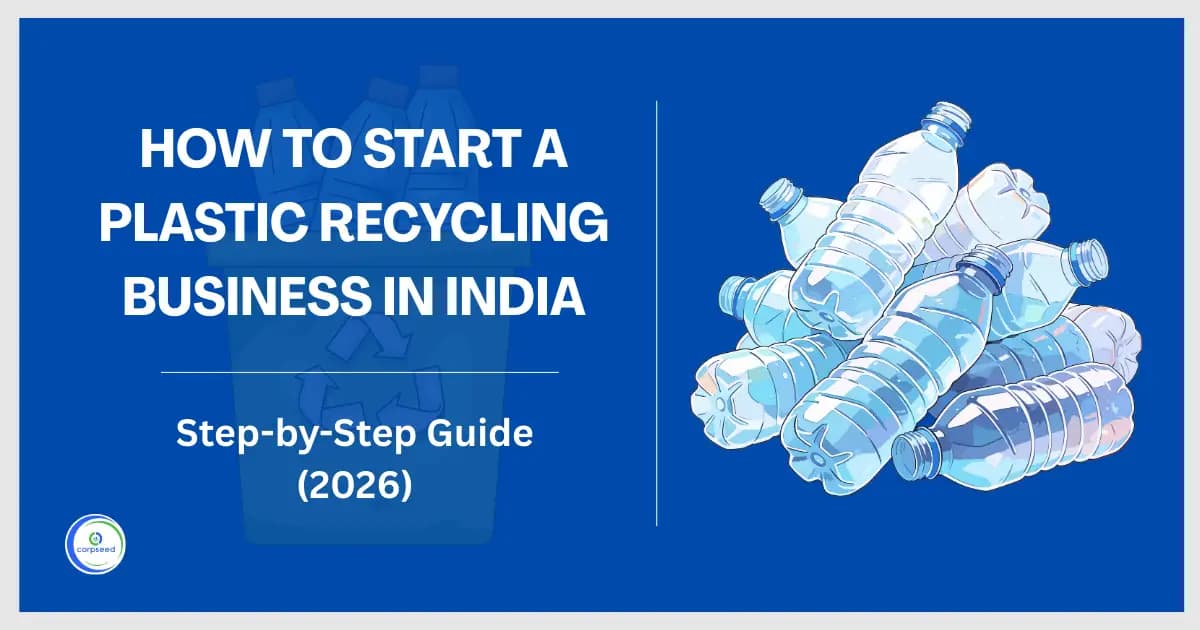
How to Start a Plastic Recycling Business in India: Step-by-Step Guide (2026)
2026-02-05
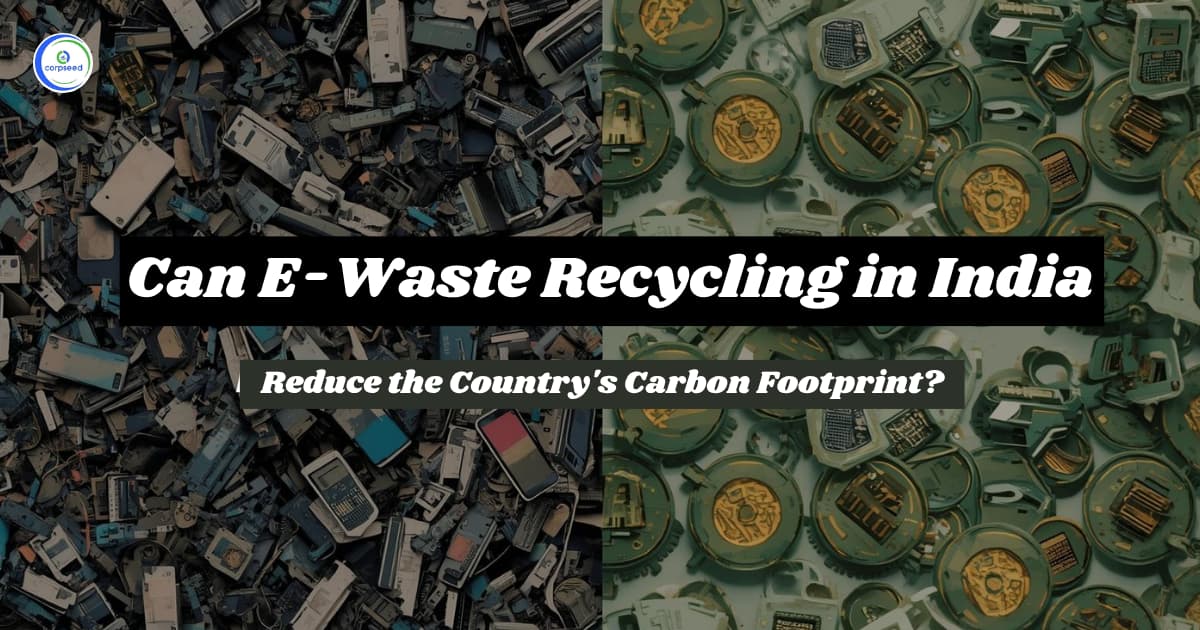
Can E-Waste Recycling in India Reduce the Country's Carbon Footprint?
2025-11-04
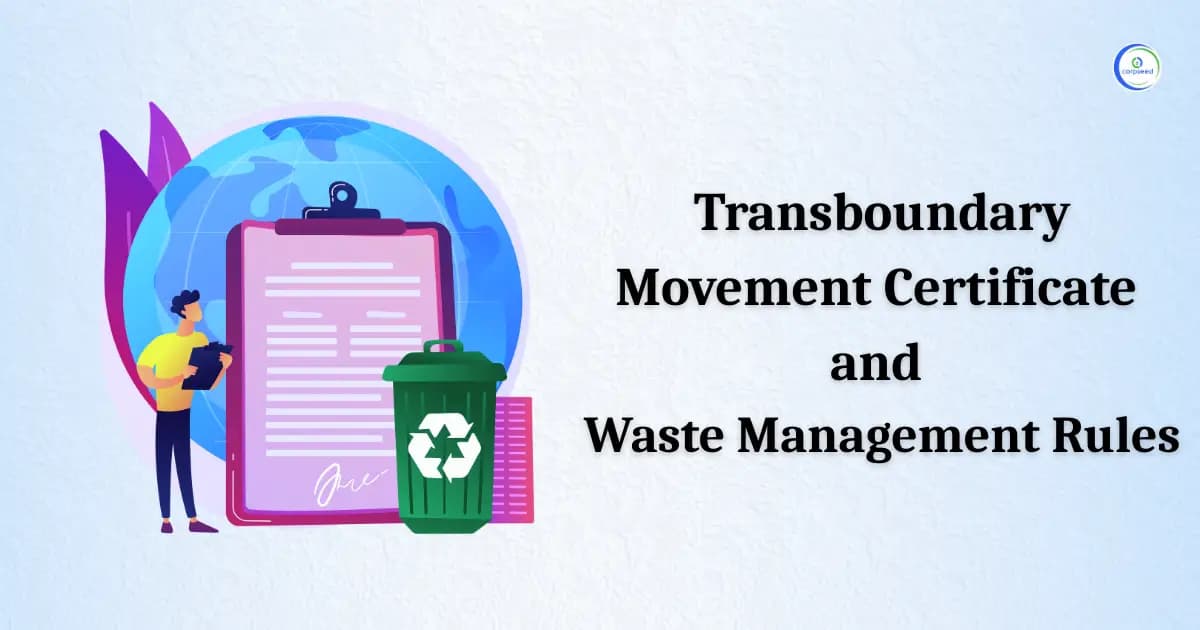
Transboundary Movement Certificate and Waste Management Rules
2025-09-29
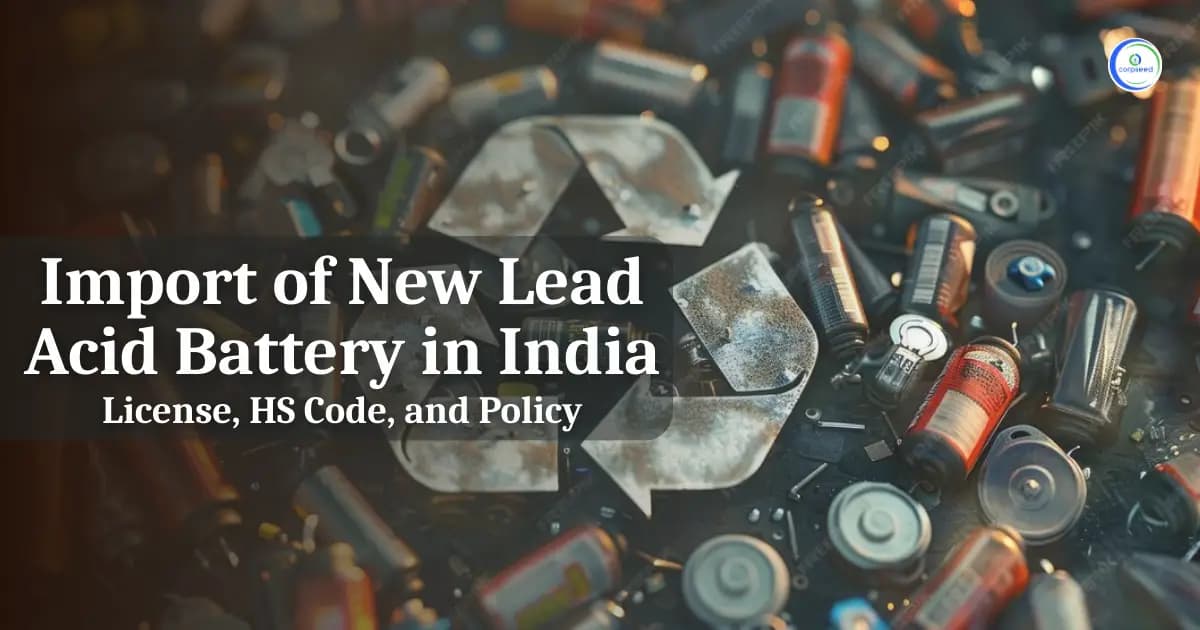
Import of New Lead Acid Battery in India | License, HS Code, and Policy
2025-09-26
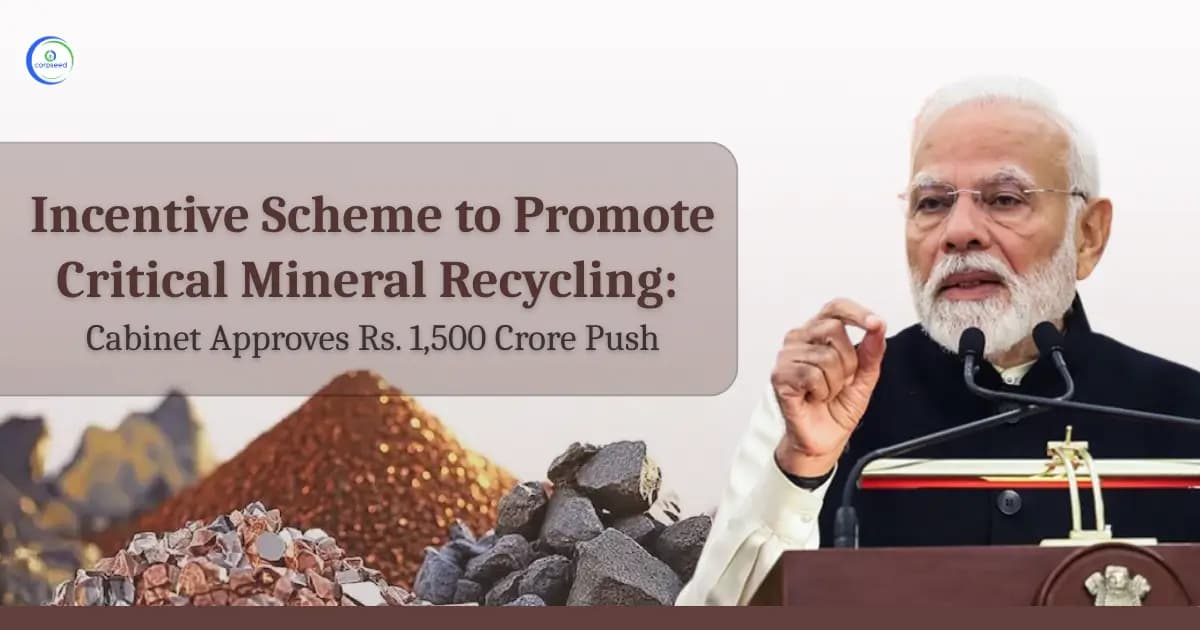
Incentive Scheme to Promote Critical Mineral Recycling: Cabinet Approves Rs. 1,500 Crore Push
2025-09-08
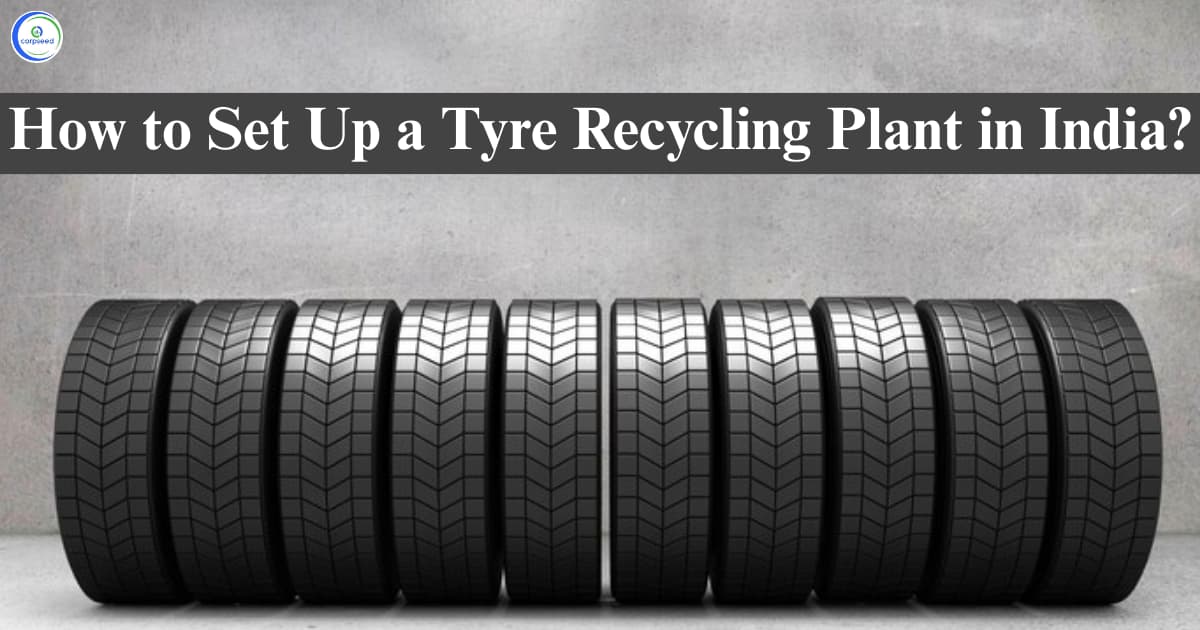
How to Set Up a Tyre Recycling Plant in India?
2025-08-18
Delhi Legal Metrology (Enforcement) Amendment Rules, 2026
2026-02-24 • 0 views
2023-02-27
2026-02-25